Catching up with the digital transformation trend
If in the past, the phrase "digital transformation" seemed to be associated only with general schools, now preschool education in Ninh Binh has truly become a bright spot in the application of information technology. According to the Summary Report of the 2024-2025 school year, the whole province currently has more than 500 preschools with more than 215,000 children studying; 100% of facilities have deployed school management software, electronic records, electronic contact books, and initially formed a shared digital learning resource warehouse.
Preschools are actively innovating their programs, applying advanced educational methods such as STEM/STEAM, Montessori, and combining information technology in assessing children's development. Many schools organize digital experiential activities such as "Children's Technology Day" and "Interactive Screen Classroom", helping children learn and play in a lively and safe environment.
From the 2025-2026 school year, according to the Directive of the Ninh Binh Provincial People's Committee, digital transformation continues to be identified as a key task, with the goal of "improving digital capacity and developing digital citizenship skills for teachers". The education sector focuses on promoting STEAM education, applying artificial intelligence (AI) in teaching, encouraging preschool teachers to innovate methods, and proactively applying technology in teaching activities.
Digital transformation not only helps innovate the content and methods of organizing activities for children but also significantly reduces administrative pressure on teachers. Records, books, and child health monitoring are digitized and synchronized on an electronic platform.
Many schools have implemented electronic health records linked to medical databases, helping to track children’s nutrition, height, and weight over time. The 2024–2025 school year report shows that the rate of malnutrition and stunting has decreased significantly – a testament to the effectiveness of technology in child management and care.
Towards a comprehensive digital education environment
On the journey of digital transformation, every preschool teacher is an “innovation nucleus”. The story of Ms. Ngo Thi Thuy, a teacher at Nam Duong Kindergarten (Nam Minh, Ninh Binh) is a typical example.
She shared: “Before, I was only familiar with the traditional way of teaching, everything was done manually; now I have to learn to prepare electronic lesson plans and design games on software. At first, I was quite confused, but the more I do it, the more interesting it becomes because the children are more excited and learn faster.”
In the 2025-2026 school year, Ninh Binh preschool education sector will promote digital transformation, whereby 100% of teachers will be equipped with the skills to prepare electronic lesson plans, of which about 85% will regularly apply information technology in child care, nurturing and education activities. This is the basis for schools to improve teaching quality and create a modern learning environment for children.

In Ninh Binh, many kindergartens such as Aozora Montessori Kindergarten (Nam Dinh), Hanh Phuc Kindergarten (Y Yen) have actively applied technology in teaching activities. Teachers use interactive boards to guide children in coloring and recognizing shapes; record videos of lessons to send to parents to follow; and at the same time build a Zalo class group to update daily activities, creating a close connection between school and family.
Despite difficulties in equipment, internet connection and IT skills, teachers still persevere in learning, participating in digital skills training courses organized by the Department of Education and Training, and sharing initiatives at professional activities of the school cluster. Many older teachers are now confident in creating PowerPoint lectures, creating animated videos, or designing learning games using free software. “We feel like we are young again when we discover new things every day,” said a preschool teacher in Phong Doanh commune.
To effectively implement digital transformation, the Ninh Binh Department of Education and Training has identified four key groups of solutions. First of all, it is necessary to train and develop teachers in digital skills, design electronic learning materials and apply artificial intelligence in teaching, helping teachers master technology and improve professional efficiency. Along with that, it is necessary to invest in technology infrastructure, especially in difficult areas, to ensure that each classroom has projection equipment and stable Internet to serve teaching.
The next solution is to build a provincial digital learning resource warehouse, unify the content, create conditions for educational institutions, especially preschools, to have a rich source of digital resources to share and use effectively, thereby reducing the pressure on teachers to prepare lessons. At the same time, the Department also encourages initiatives and creativity in technology application, including this criterion in the annual competition assessment to spread the spirit of innovation throughout the industry.
At the same time, the education sector continues to develop “green – smart school” models, where children have early access to technology while still ensuring the elements of movement, experience and natural communication. Parents also become “digital companions”, interacting with the school, sharing information and coordinating their children’s education through online platforms.
Digital transformation in preschool education is not only an inevitable trend, but also a breakthrough to improve the quality of nurturing, caring for and educating children. In Ninh Binh, that journey is taking place every day, quietly but strongly, with the dedication of thousands of teachers, who are not afraid to innovate to bring technology closer to children.
Source: https://giaoducthoidai.vn/chuyen-doi-so-manh-me-trong-giao-duc-mam-non-post752166.html



![[Photo] National Assembly Chairman Tran Thanh Man attends the VinFuture 2025 Award Ceremony](/_next/image?url=https%3A%2F%2Fvphoto.vietnam.vn%2Fthumb%2F1200x675%2Fvietnam%2Fresource%2FIMAGE%2F2025%2F12%2F05%2F1764951162416_2628509768338816493-6995-jpg.webp&w=3840&q=75)
![[Photo] 60th Anniversary of the Founding of the Vietnam Association of Photographic Artists](/_next/image?url=https%3A%2F%2Fvphoto.vietnam.vn%2Fthumb%2F1200x675%2Fvietnam%2Fresource%2FIMAGE%2F2025%2F12%2F05%2F1764935864512_a1-bnd-0841-9740-jpg.webp&w=3840&q=75)



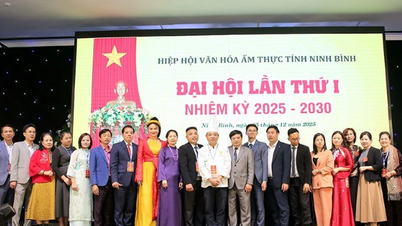



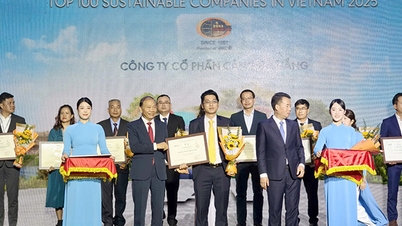

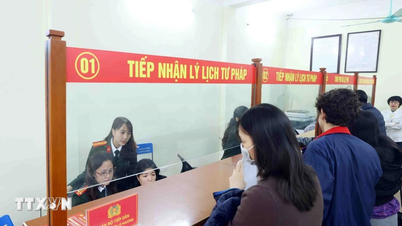



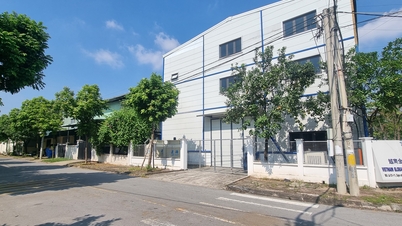



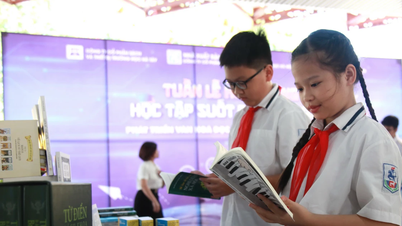


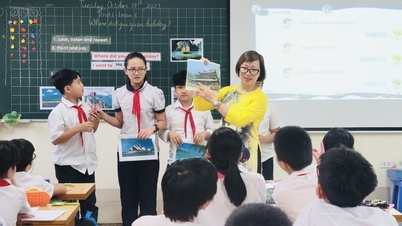

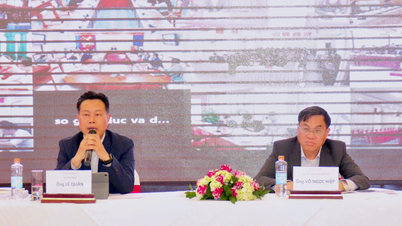






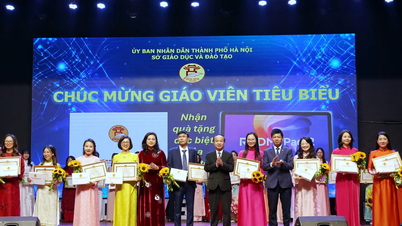


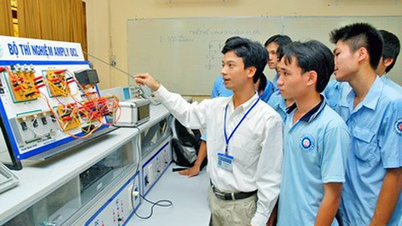
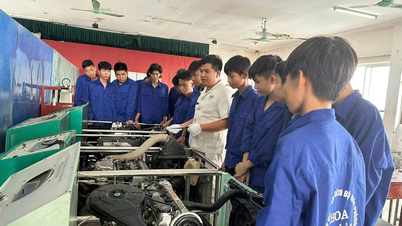
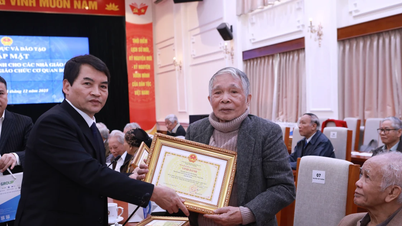







































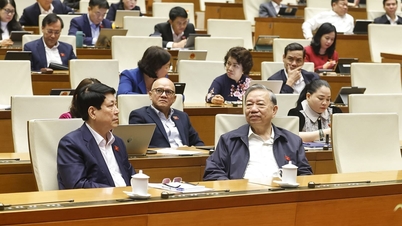













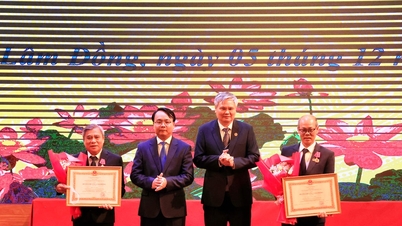










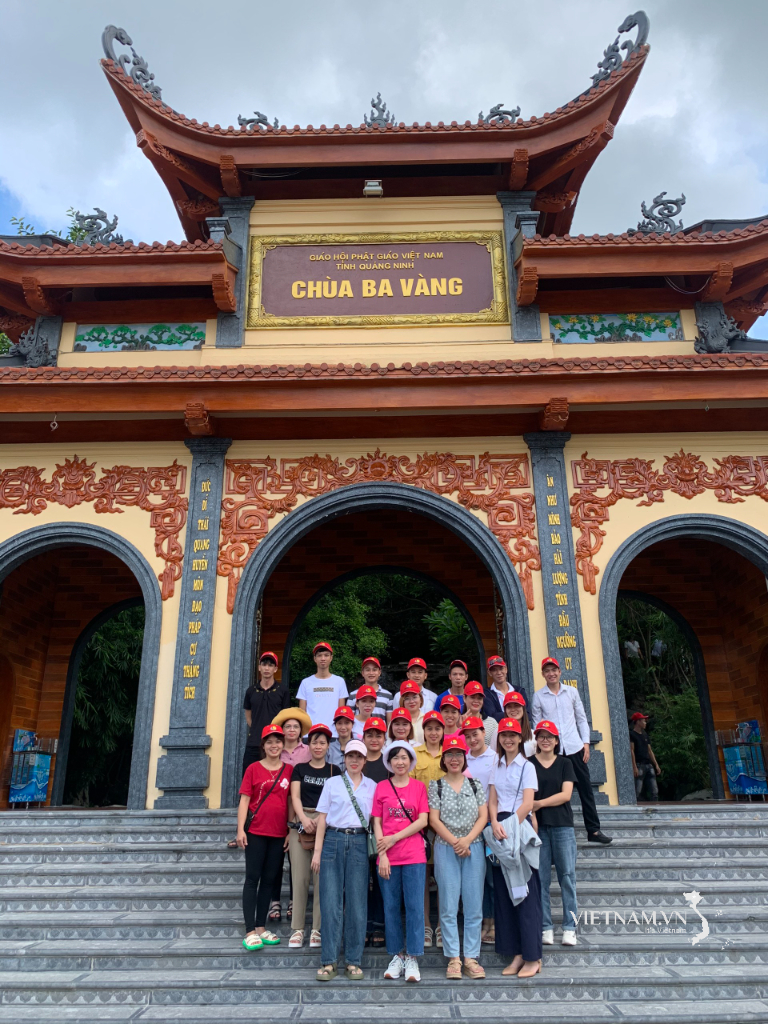







Comment (0)